Maintaining this cooperation is a fundamental national interest of Hungary. Giving up this cooperation would be fundamentally contrary to Hungary's national interests, a statement issued by the ministry quoted the Foreign Minister as saying.

Without energy carriers arriving from Russia, the energy bills of Hungarian households would rise to three times their current levels, which is clearly unacceptable.
"This is why we continue to work to ensure that energy cooperation between Hungary and Russia can proceed without interruption," he added.
The long-term guarantee for keeping utility costs low in Hungary lies in the construction of the new blocks of the Paks nuclear power plant, he pointed out, noting that this is the first time in recent years that neither European nor American sanctions hinder the construction process, and all necessary Hungarian permits have been issued.
Work in Paks is progressing at full speed, with preparations for the first concrete-pouring phase underway according to schedule. The first pouring of concrete will take place on February 5, and every effort is being made to accelerate construction, he said.
Hungarian–Russian energy cooperation is therefore a fundamental national interest, and giving up this cooperation would be fundamentally contrary to Hungary's national interests,
Peter Szijjarto stressed.
Cover photo: Hungarian Minister of Foreign Affairs and Trade Peter Szijjarto (Photo: AFP)
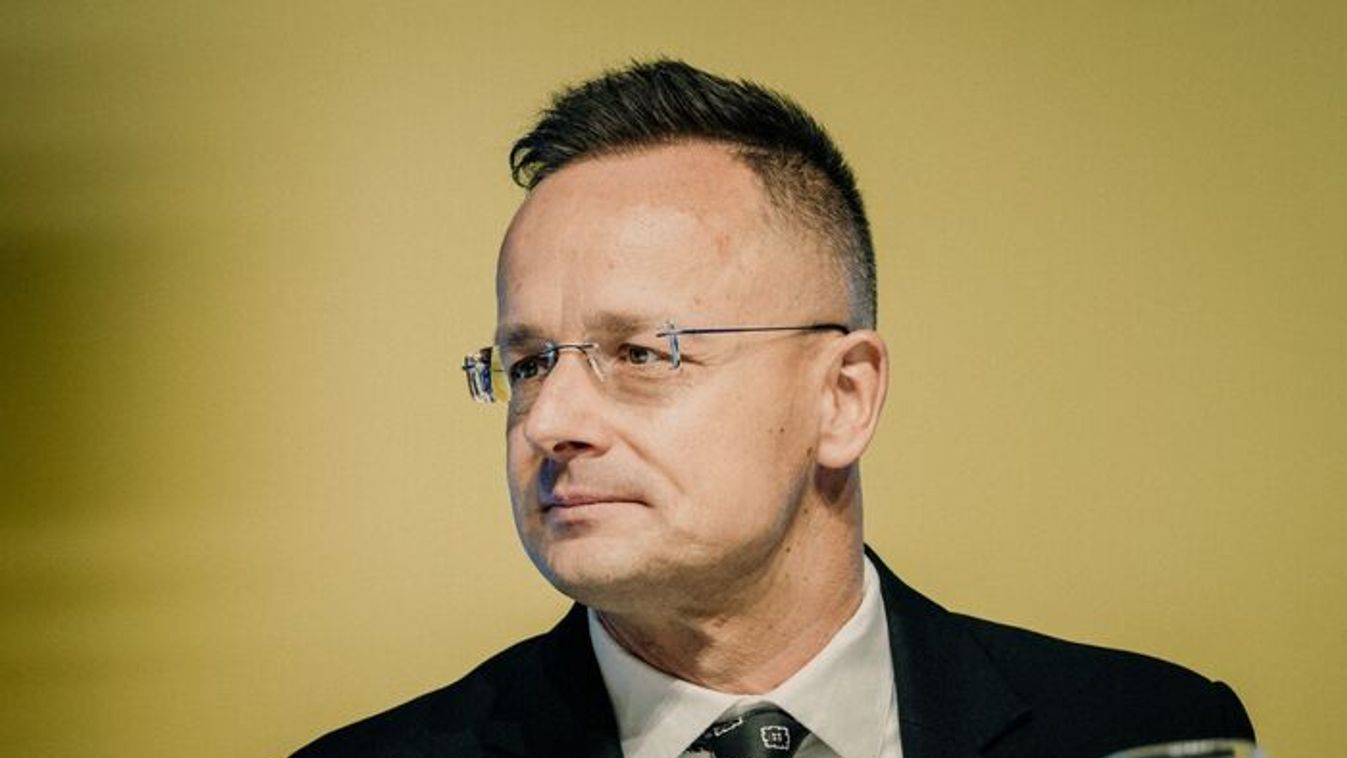





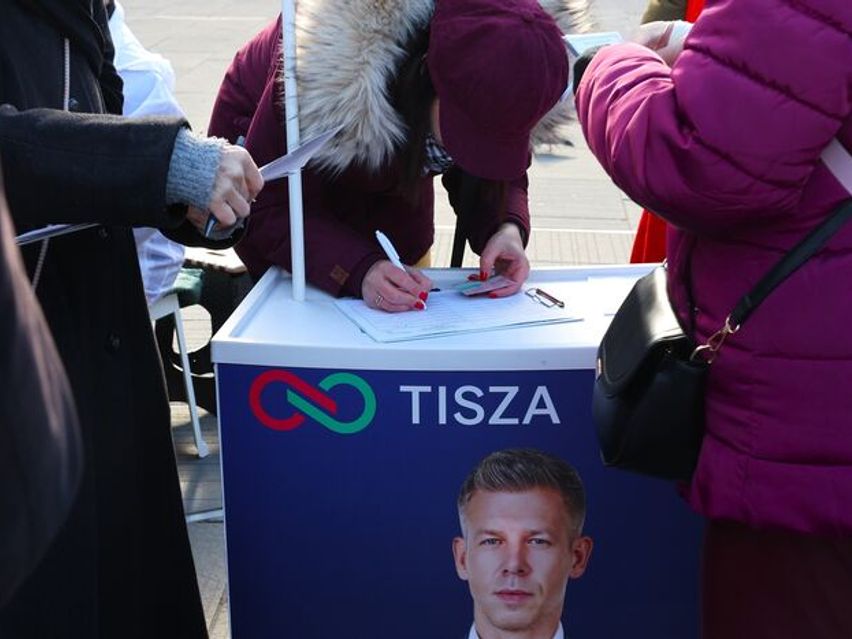
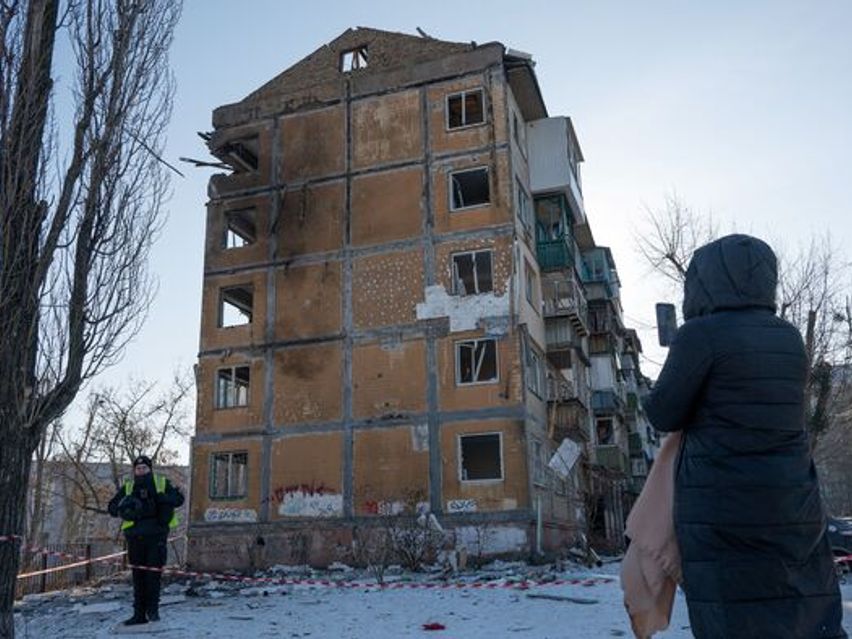





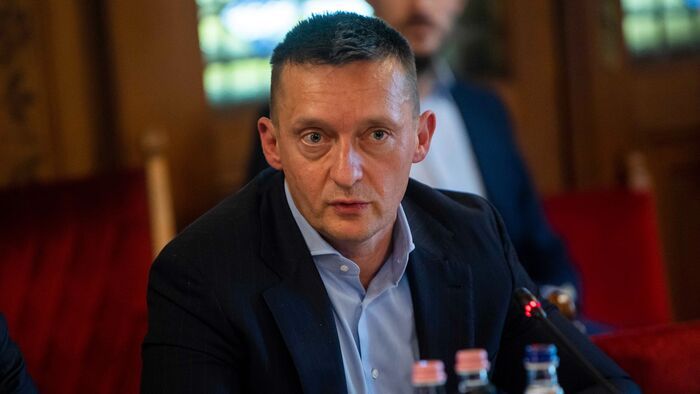

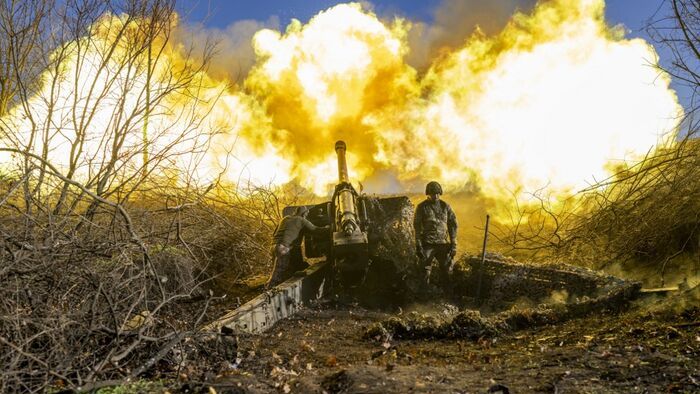





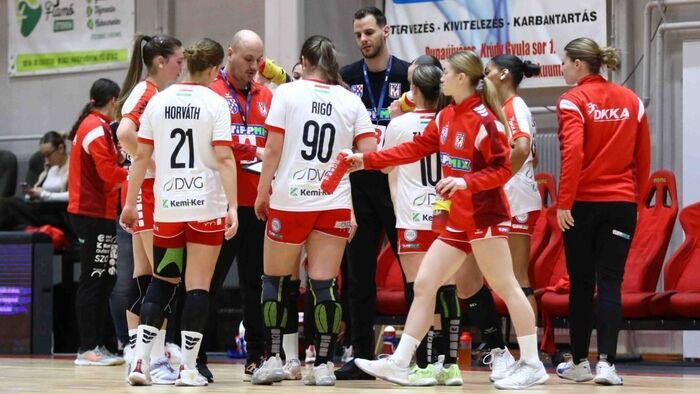

Szóljon hozzá!
Jelenleg csak a hozzászólások egy kis részét látja. Hozzászóláshoz és a további kommentek megtekintéséhez lépjen be, vagy regisztráljon!